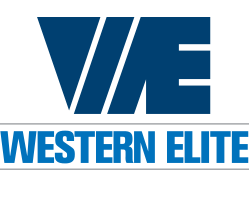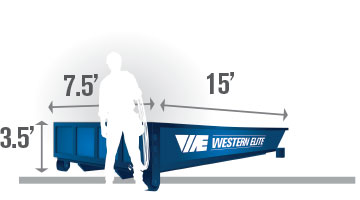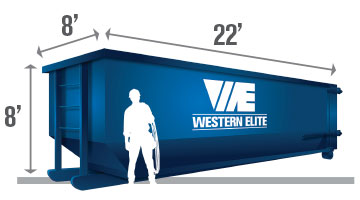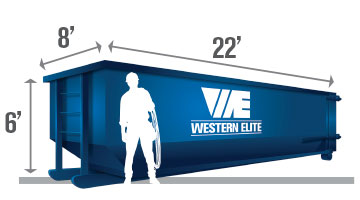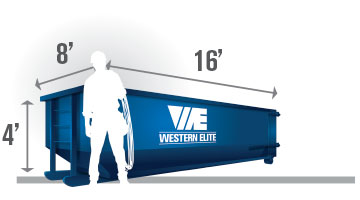The Benefits of Biosolids
City of Las Vegas and Western Elite Partner for a Greener Tomorrow
Every day, each person in Southern Nevada generates nearly 100 gallons of domestic wastewater. As wastewater treatment facilities collect and clean the water, solid byproducts accumulate. This collected material, called biosolids, is high in organic content and contains nutrients, which are naturally occurring and are needed by plants, making biosolids a safe and valuable soil conditioner and fertilizer.
Wastewater Treatment and Biosolids
Wastewater treatment facilities clean the water and solids discharged by domestic toilets, drains and appliances. The treated wastewater solids, known as biosolids or sewage sludge, are removed from the water.
The solids may be disposed of in a landfill or further treated through physical, chemical and biological processes including heat systems, pasteurization or other methods. In partnership with Western Elite, the City of Las Vegas treat their biosolids in accordance with federal and state regulations, and recycle them as a safe and beneficial agricultural product. After being disinfected, the treated – or reclaimed – water can be used safely for agricultural irrigation, groundwater recharge, industrial processes and lawn irrigation.
Fertilizer for Land Application
Biosolids can replenish organic matter in soil that has been depleted. Biosolids provide nitrogen, phosphorus and potassium – the key nutrients that plants need to thrive – as well as beneficial trace elements such as calcium and magnesium, which are typically not found in chemical fertilizers.
The organic, slow-release nitrogen and phosphorus in biosolids are absorbed more efficiently than chemical fertilizers by crops. Organic nutrients are less water-soluble and, therefore, less likely than chemical fertilizers to leach into groundwater. Biosolids hold the nutrients near the roots, where plants need them.
